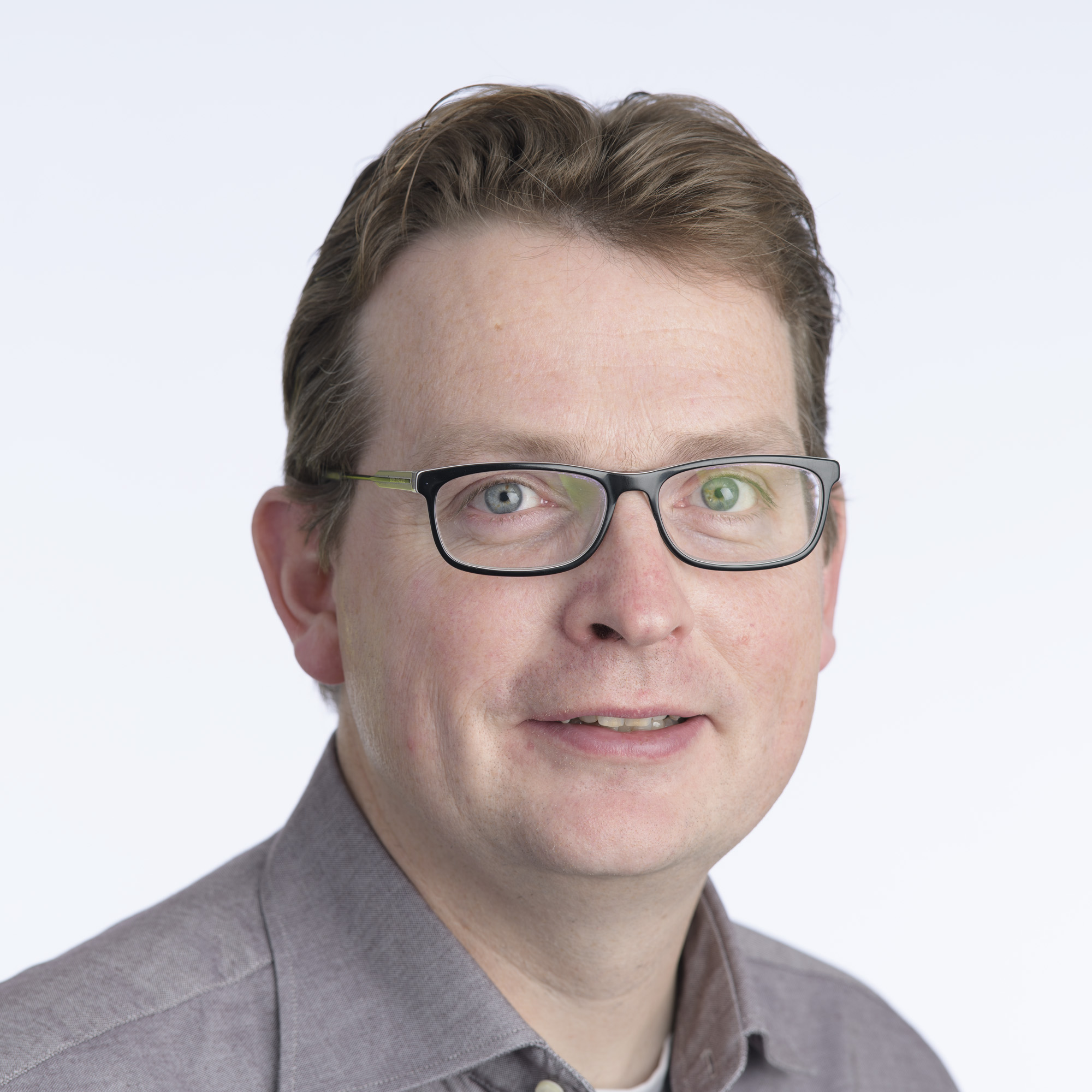Call for Papers and topics
Geospatial data is vital for both traditional applications like navigation, logistics, and tourism and emerging areas like autonomous vehicles, smart buildings and GIS on demand. Spatial linked data has recently transitioned from experimental prototypes to national infrastructure. However the next generation of spatial knowledge graphs will integrate multiple spatial datasets with the large number of general datasets that contain some geospatial references (e.g., DBpedia, Wikidata). This integration, either on the public Web or within organizations has immense socio-economic as well as academic benefits. The upsurge in Linked data related presentations in the recent Eurogeographics data quality workshop shows the deep interest in Geospatial Linked Data (GLD) in national mapping agencies. GLD enables a web-based, interoperable geospatial infrastructure. This is especially relevant for delivering the INSPIRE directive in Europe. Moreover, geospatial information systems benefit from Linked Data principles in building the next generation of spatial data applications e.g., federated smart buildings, self-piloted vehicles, delivery drones or automated local authority services.
This workshop invites papers covering the challenges and solutions for handling with GLD, especially for building high quality, adaptable, geospatial infrastructures and next-generation spatial applications. We aim to demonstrate the latest approaches and implementations and to discuss the solutions to challenges and issues arising from research and industrial organizations.







